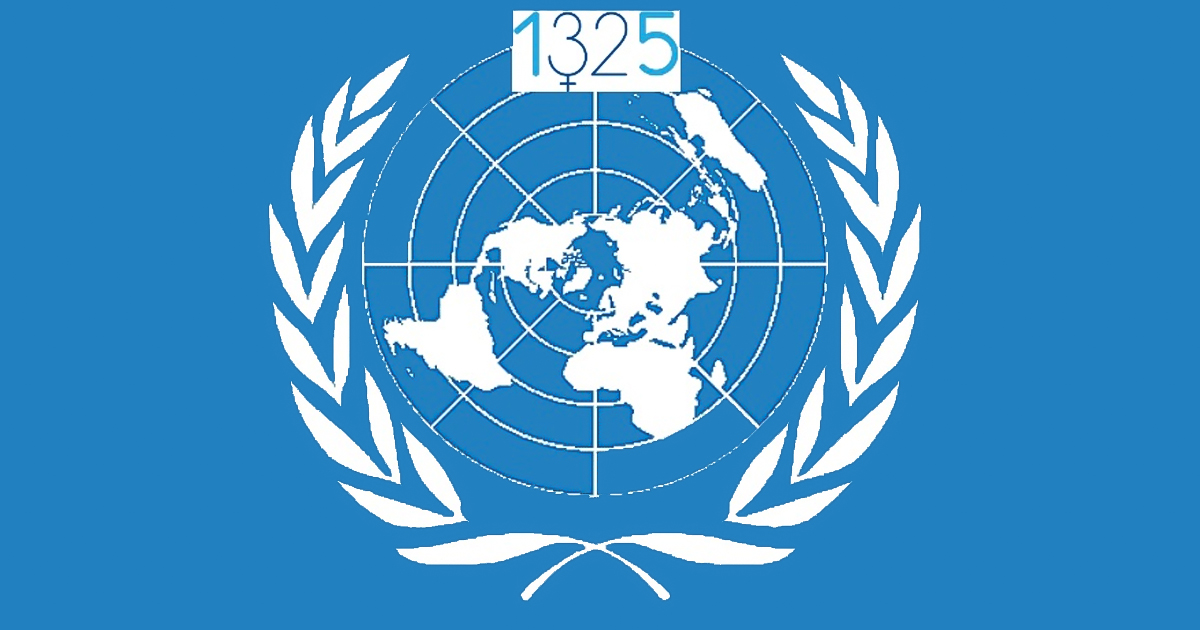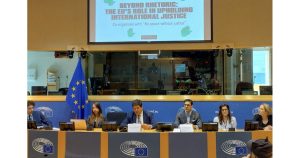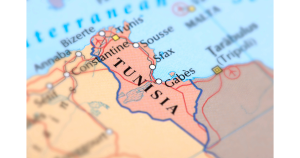On the occasion of the 20th anniversary of Resolution 1325 on women’s rights, peace and security, NPWJ takes the opportunity to reflect on this landmark resolution, the challenges it faces and the difficulties of its implementation. NPWJ acknowledges the historical aspect of this resolution that was adopted on 31 October 2000 by the United Nations Security Council. It marked the first recognition of the unique impact of conflict on women and girls and it underlined the importance of women’s participation in peace-building and security efforts. The Resolution also emphasised women’s needs for protection from gender-based violence in conflict zones. This resolution provided the UN with a critical political tool and a powerful normative framework to face the consequences of conflict that fall on women such as caregiving, gender-based violence, and maternal death.
Twenty years after its adoption, NPWJ underscores the critical role of the resolution as a first step towards a multi-level action and as central tool to raise awareness among international actors about the necessity to address the gender perspective in armed conflicts, peace and security processes. While it can be complex to understand gender roles in all their aspects in armed conflict, the Resolution and its implementation succeeded in shining light on the need for gender expertise skills in this discussion, an expertise that needs training, experience and resources.
While its initial objectives were ambitious in trying to elevate women’s voices and leadership and increase their participation in peace processes and leadership in security institutions, it is clear there is still work to be done. Two decades of implementation of the Resolution 1325 has revealed some shortcomings and limitations. Usually criticised for its lack of consistency, lack of concrete data and lack of political will, the text and its implementation are now under great pressure during the COVID-19 crisis. As the world experiences a global pandemic, existing inequalities are being exacerbated, putting all women and girls around the world at risk, notably in terms of child marriage, adolescent pregnancy and gender-based violence. NPWJ stresses the critical need to uphold the Resolution’s ambition, given the current situation, and ensure the protection and participation of women and girls at any time.
NPWJ reiterates its commitment to the Resolution’s objectives and highlights the need to keep this instrument as a central political and rallying force to mobilise and unify all States on the issues of women in conflict. On that note, NPWJ stresses the critical necessity to improve its implementation, starting with an expansion of the agenda and the vision of gender. NPWJ emphasises the importance of supporting multi-level dialogues and partnerships involving all stakeholders to expand the understanding of this issue as well as the creation of opportunities for resources for the human rights of women. It is essential to recognise women’s leadership and to listen carefully to their priorities and concerns in order to strengthen the Resolution and its implementation.
For further information, contact Alison Smith, Director Of International Justice, on asmith@npwj.org or Nicola Giovannini, Press & Public Affairs Coordinator, on ngiovannini@npwj.org org.




